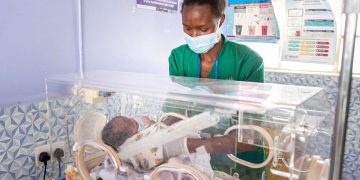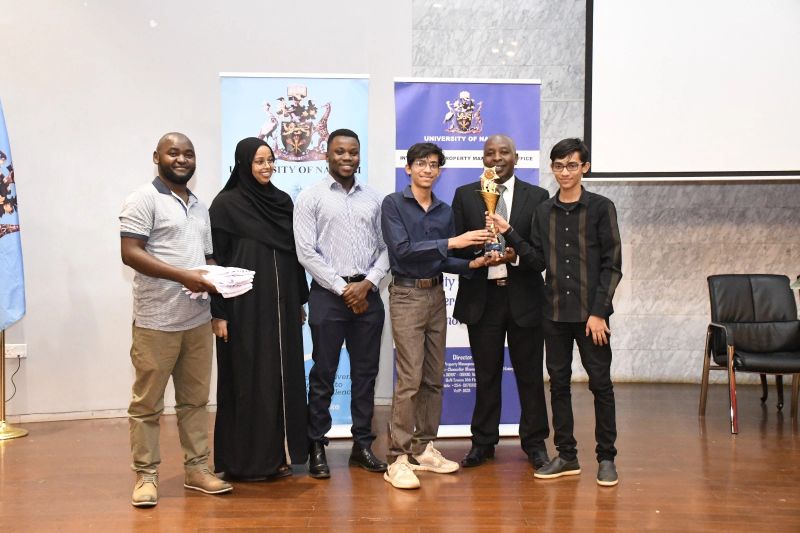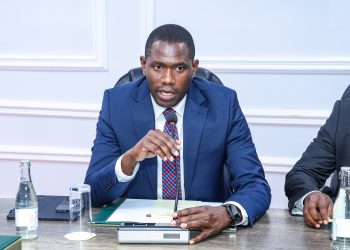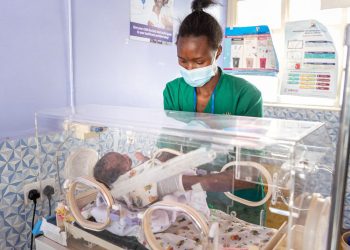By Eunice Mwathi
Young Kenyan innovators have come up with an Artificial Intelligent enabled breast cancer diagnostic device they call Mammary Protect.
According to the innovators Abdulahi Mohammed and Bilal Mohammed they started the Mammary Protect project in 2024 to combat issues on late breast cancer diagnosis in Kenya.
Speaking during the TAMC 2025 Conference Abdulahi stated how their invention will fill the gap on late diagnosis because firstly, their invention is simple in design therefore it will allow people to test anytime, anywhere. Secondly, people will receive fast diagnosis because the images are uploaded to the AI.
According to Abdulahi Mohammed the inspiration on mammary protect came after their aunt was diagnosed with stage 3 cancer but passed on 2 weeks after reaching India for surgery.
Mammary Protect was started because Abdulahi and his brother, Bilal noticed that the current diagnostics like mammograms and MRIs have low accessibility, they are not affordable and that their sensitivity is lower than normal.
These disadvantages make it hard for breast cancer to be identified in earlier stages because the tumor is small meaning its rarely visible in a mammogram.
“We are making a portable device which you can wear and monitor at home with comfort,” Abdulahi explained. “The images are uploaded to the AI and the AI analyzes and makes a diagnosis.”
According to the Ministry of Health (National Cancer and Control Strategy 2023-2027) around 70percent of cancers in Kenya are detected at advanced stages because there is lack of accessible and timely screening services.
The GLOBOCAN 2022 report estimates that Kenya recorded 7,243 new breast cancer cases and 3,398 related deaths in that year alone. Most of these deaths are directly tied to late diagnosis and delayed treatment.
The World Health Organization (WHO) reports that in 2022, about 2.3 million women were diagnosed with breast cancer and approximately 670,000 women died from it.
Late-stage presentation is a universal challenge especially in low- and middle-income countries like Kenya where survival rates are lower because screening coverage is limited and health systems are often under strain.
The mammary Protect invention is still undergoing clinical approvals therefore it has not yet reached the market.














